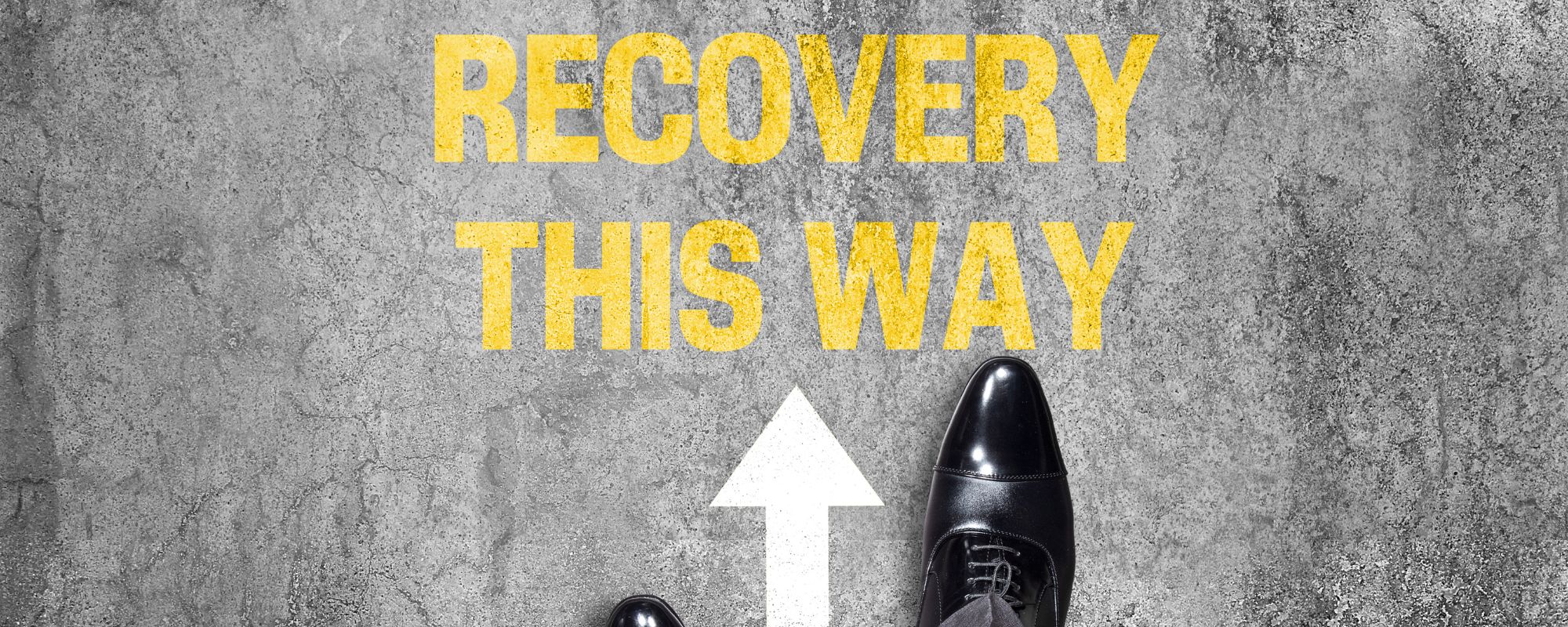There are several mental health disorders that commonly co-occur with substance use disorder— anxiety, depression, and bipolar disorder among them. According to the Anxiety and Depression Association of America (ADAA), about 20 percent of Americans with anxiety or depression have a substance use disorder, and vice versa. Common anxiety disorders include:
- Acute stress disorder: severe anxiety following a traumatic event
- Generalized anxiety disorder (GAD): general, everyday concerns are cause for distress
- Panic disorder: spontaneous panic attacks
- Social anxiety: extreme self-consciousness around others
- Obsessive-compulsive disorder (OCD): uncontrollable, recurring thoughts and behaviors
- Post-traumatic stress disorder (PTSD): anxiety following a traumatic event
What is anxiety?
Anxiety disorders, defined by the National Institute on Drug Abuse (NIDA) as “varied disorders that involve excessive or inappropriate feelings of anxiety or worry,” are often characterized as persistent and interfere with daily functioning and normal patterns of thought or behavior. Anxiety tends to manifest as more than psychological symptoms and may be expressed in physiological symptoms such as:- Trembling
- Stomachache
- Nausea
- Headache or dizziness
- Rapid heartbeat
- Sweating or clamminess
Millions of Americans experience some kind of anxiety, so to identify with some or all of these symptoms is not uncommon. Women are also twice as likely as men to have an anxiety disorder, according to the ADAA, though anyone may develop one or be predisposed to have one.
What is the relationship between anxiety and addiction?
The NIDA has found that people diagnosed with anxiety are twice as likely to have a substance use disorder; the two often co-occur. This co-occurrence is also referred to as dual diagnosis or comorbidity. Some people will first develop an anxiety disorder and self-medicate with drugs or alcohol. Others may abuse a substance and their addiction to that substance leads to an anxiety disorder. Still others experience the two independently, but at the same time; the co-occurrence is a coincidence, caused perhaps by genetic predisposition, environmental factors, or a combination of the two.Self-medication is probably the most dangerous component of the relationship between anxiety and addiction. Misusing or abusing drugs or alcohol to mediate symptoms may lead to dependence and an unhealthy association between substances and anxiety management. With or without realizing it, someone with an anxiety disorder begins to replace unpleasant feelings with the temporary effects of substance use, and addiction is perpetuated.
How is anxiety treated?
The ADAA considers anxiety to be a highly treatable disease, just as substance use disorder is considered highly treatable. Cognitive behavioral therapy (CBT) is often used to treat the two as co-occurring disorders. This form of psychotherapy identifies and addresses dysfunctional thinking and teaches the skills needed to incorporate new ways of thinking and healthy behaviors into daily life.Much of our therapy programming at Royal Life Centers is done through the lens of CBT, a low-risk, effective approach commonly used to treat addiction and its co-occurring disorders, and our addiction therapists specialize in a number of other therapeutic approaches that well address the underlying causes of substance abuse.
Exposure therapy involves repeated exposure to a trigger with the goal of desensitization and improving self-efficacy and emotional processing.
Though group therapy and self-help approaches such as 12 step programs may help some people to manage their anxiety, therapies such as CBT tend to have more lasting effects.
At Royal Life Centers, our holistic approach to therapy treats all aspects of substance use disorder, including co-occurring disorders such as anxiety. If you or a loved one wants addiction help, please reach out to us at (877)-RECOVERY. Our admissions team is available 24/7 to answer your questions and address any concerns you may have about our programming.









